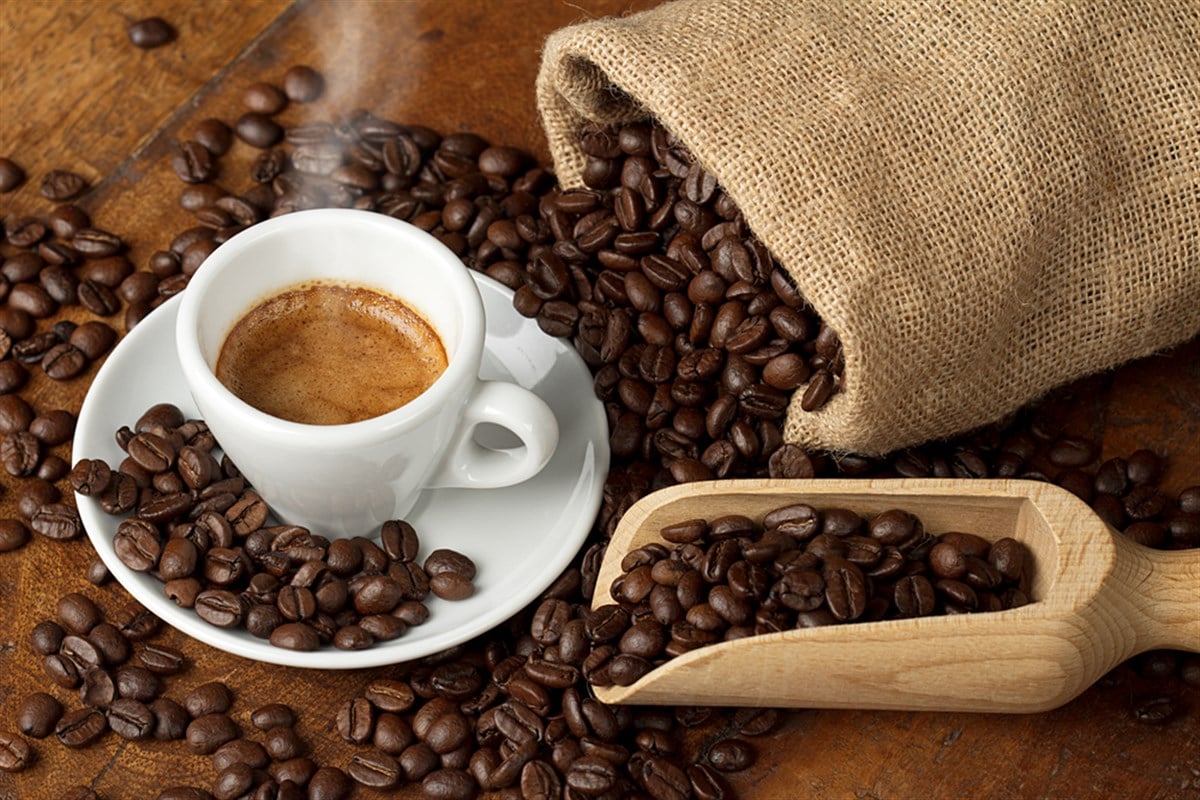
With Starbucks shareholders swallowing ‘venti’ losses in recent weeks, Westrock Coffee Company, LLC (NASDAQ: WEST) investors are sipping on some nice gains.
After a November 18th Wall Street Journal article highlighted Starbucks’ loosening grip on the all-important China market, its stock went on a 12-day losing streak. In the process, it shed more than $14 billion in market value.
The article discussed how China-based Luckin Coffee has claimed the title of best-selling coffee chain on its home turf, supplanting long-time leader Starbucks. Considering China is Starbucks’ largest international market, it sparked worries that lower sales may be forthcoming.
Starbucks shares have also been under pressure from calls by Arab nations to boycott Western brands that are perceived to be taking pro-Israeli positions on military action in the Gaza Strip. Mix in ongoing friction with union-tied workers and soaring coffee prices, and Starbucks has become a potent brew of negative market sentiment.
Arabica coffee futures are up approximately 30% over the last two months. Reduced warehouse supplies have been complicated by adverse weather conditions. While Starbucks is able to pass on commodity inflation to its more affluent customer base, the company has historically acknowledged that coffee crop costs can have a detrimental effect on profitability. Its stock has bounced back a bit in recent days but is down 7% since the WSJ report.
Roughly 2,300 miles away from Starbucks’ Seattle headquarters is Westrock Coffee. The Little Rock, Arkansas-based company is a little-known integrated coffee business of a different kind. Instead of serving lattes to rush hour commuters, it provides a range of logistics services to businesses worldwide; business to business (B2B) rather than business to consumer (B2C). Its exposure to China is minimal. And since the Starbucks WSJ report? Its stock is up 13%.
The recent performance disparity between the large cap retailer and the small cap manufacturer shows that there are multiple ways to invest in the world’s insatiable thirst for caffeinated beverages. Part of the cyclical restaurant industry, Starbucks is a robust brand but vulnerable to consumer spending habits. As a consumer staples company, Westrock is more of a defensive, ‘light roast’ menu option.
What does Westrock Coffee do?
Westrock Coffee’s services run the gamut — sourcing, supply chain management, product development, roasting, packaging and distribution. Its customers are primarily retailers, restaurants, foodservice companies, convenience stores, travel centers and hotels. The company sources coffee and tea from 35 different countries and adds in its own flavors and personal touches that match customer needs. It went public in August 2022 but has been around since 2009.
A month ago, the stock got hit by a disappointing third-quarter report. Sales fell 4.6% year-over-year to $219.6 million due to lower sales volumes in traditional roast and ground coffee products. Management lowered its 2023 adjusted EBITDA guidance.
There were, however, some positives that the market has since given the stock credit for.
1) Hot coffee volumes have stabilized since August.
2) Westrock swung from a $13 million net loss in the prior year period to a $16 million profit.
3) Going forward, the company has growth drivers outside of hot coffee that can help offset sales variability.
In the second quarter of 2024, production is scheduled to launch at a new extract and ready-to-drink (RTD) facility in nearby Conway, Arkansas. Consistent with consumers’ increasing need for convenience, the RTD segment of the global coffee market is projected to grow 5.8% annually over the next four years. With the products particularly popular in Japan, Westrock’s presence in Asia could be a tailwind.
Is Westrock Coffee stock undervalued?
At just under $10.00 per share, WEST is trading below IPO levels. It is expected to finish the year in the red but post a full-year profit in 2024. So for now, a revenue-based valuation metric is appropriate.
WEST has a price-to-sales (P/S) ratio of approximately 0.8x. This means that investors are paying $0.80 for every dollar of revenue generated by the company. P/S ratios below 1 are often considered a good bargain — and WEST fits the mold.
Relative to other small cap packaged food players, the stock also flashes value. Beyond Meat, for example, trades at 1.8x sales. The vegan meat innovator arguably has higher growth prospects, but Westrock’s far lower risk profile points to value.
Corporate insiders seem to think so too. Over the last three months, Westrock Coffee insiders have bought nearly $20 million worth of the stock — including founder Joe Ford. Institutional investor Brown Brothers Harriman & Co. is another big backer.
With all the attention on Starbucks’ recent struggles and holiday drink menu, Westrock Coffee is quietly brewing a deal for small cap value investors.

